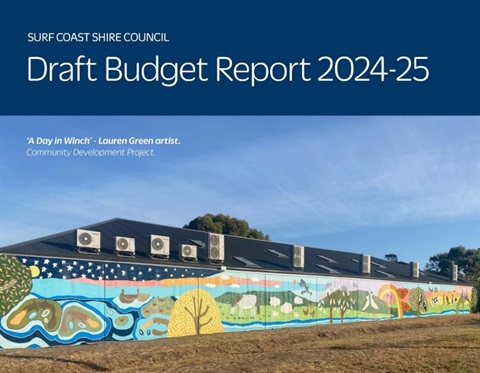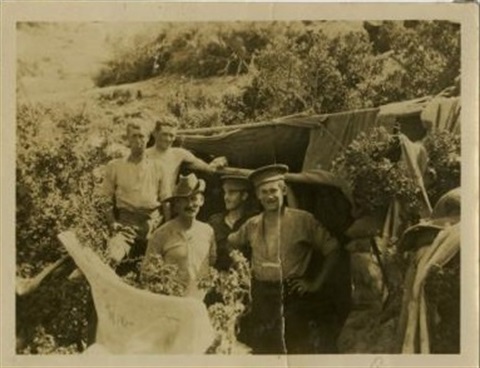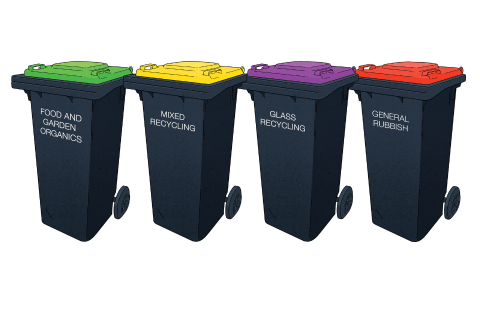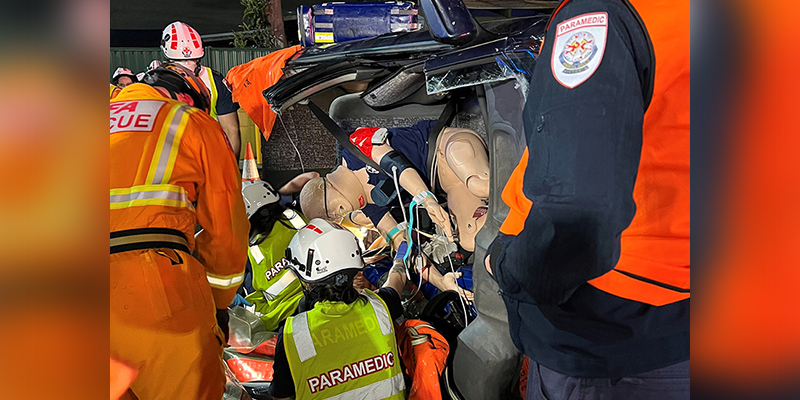Australians from all over the country have answered a call-out from The Australian National Dictionary Centre (ANDC), providing 1,000 examples of the unique nicknames we give places.
The Centre, which is based at The Australian National University (ANU), was inundated with responses from ‘Deni’ (Deniliquin) to ‘Rocky’ (Rockhampton) and everywhere in between.
There were some definite trends, according to ANDC Senior Researcher Mark Gwynn.
“The response was enthusiastic and demonstrated the vast number of colloquial names for places across the country. We’ve added more than a thousand distinct names to our database,” Mr Gwynn said.
“What was especially interesting were the similarities between the nickname patterns and other forms of word generation in Australia.
“For example, the ‘y’ and ‘o’ endings found in words like ‘barbie’ for barbecue and ‘muso’ for musician, are also found in nicknames like ‘Goldy’ for Gold Coast, and ‘Paddo’ for Paddington.
“These endings act as a code of familiarity in Australian speech.”
An abbreviation with ‘the’ in front of it also proved popular, (‘the Rat’ for Ballarat), as did the ‘vegas’ ending, as in ‘Brisvegas’ and ‘Dubvegas’.
“The allusion to Las Vegas is usually ironic, comparing a relatively quiet place to the hustle and bustle of the casino city,” Mr Gwynn said.
“Another ironic pattern worth noting is the ‘x by the sea’ trend, where the name of a coastal town or city is replaced by a smaller, more rural or seemingly less attractive place. For example, calling Townsville ‘Broken Hill by the Sea’.
“We had plenty of tongue-in-cheek contributions too, like ‘Marry Your Brother’ for Maryborough and ‘Sheep Dunny Cow Dunny’ for Woolloomooloo.”
Other popular patterns include using -town (G-town for Geelong) and the ‘ers’ ending (Gunners for Gungahlin).
“Quite a few places had multiple names entered, such as Woy Woy – ‘Above Ground Cemetery’, ‘the Woy’, ‘Two Woy’, ‘Why Why’, ‘Wow Wow’, and ‘Yow Yow’,” Mr Gwynn said.
“We had a lot of responses from the Central Coast area of NSW, Northern Queensland, and southwest WA in particular.”
It’s not too late to get involved. If you have a nickname you want to add to the list, you can enter it using the Centre’s Word Box feature.
“You can also search for your hometown or favourite spot using our new database. It may have nicknames you’ve never heard of,” Mr Gwynn said.
The submissions will help identify possible new entries for the Australian National Dictionary.
The Australian National Dictionary is a dictionary of Australian words and their origins, published by Oxford University Press Australia and New Zealand.
The Australian National Dictionary Centre at ANU undertakes research into Australian English in partnership with Oxford University Press Australia and New Zealand, and edits Oxford’s Australian dictionaries.
Oxford University Press is a department of the University of Oxford. It furthers the University’s objective of excellence in research, scholarship, and education by publishing worldwide. OUP is the world’s largest university press with the widest global presence.







